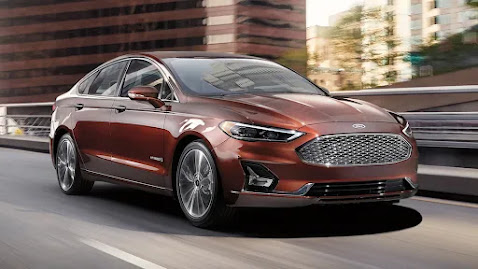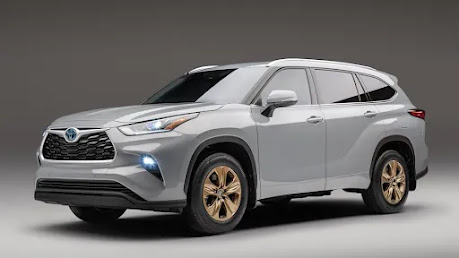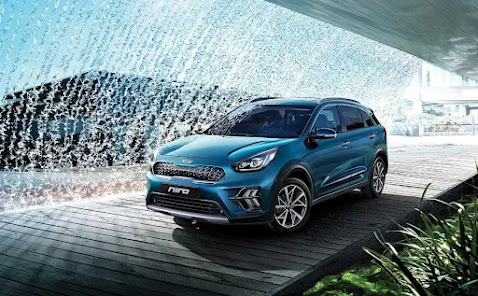
In recent years, hybrid cars have become increasingly popular as more people look for ways to reduce their carbon footprint and save money on fuel costs. A hybrid car is a vehicle that uses both a traditional internal combustion engine and an electric motor to power itself. The electric motor is usually used at low speeds or when the car is stopped, while the internal combustion engine kicks in at higher speeds. Some examples of popular hybrid cars include the Toyota Prius, the Honda Insight, the Toyota Camry Hybrid, the Ford Fusion Hybrid, and the Hyundai Sonata Hybrid.

One of the main advantages of owning a hybrid vehicle is the potential for significant fuel savings. Hybrid cars typically get much better gas mileage than traditional cars, as the electric motor helps to reduce the amount of fuel the internal combustion engine uses. This can lead to significant savings at the pump, especially if you do a lot of driving. In fact, many hybrid car owners have reported saving hundreds of dollars per year on fuel costs compared to their previous gasoline-powered car.

Another pro of hybrid cars is that they produce lower emissions than traditional gasoline-powered cars. This is because the electric motor produces zero emissions, and the internal combustion engine in a hybrid car is typically smaller and more efficient than the engines found in traditional cars. As a result, hybrid cars can help to reduce your carbon footprint and do your part to protect the environment. In addition, driving a hybrid car can also help you save money on car insurance, as many insurance companies offer discounts for eco-friendly vehicles.
However, there are also some cons to consider when it comes to owning a hybrid car. One of the main drawbacks is the initial cost. Hybrid cars tend to be more expensive than traditional cars, and it can take several years to recoup the difference in fuel costs through the fuel savings you'll experience. However, it's important to note that the price of hybrid cars has been steadily decreasing in recent years, and there are now several more affordable options on the market, such as the Toyota Corolla Hybrid and the Kia Niro Hybrid.

Another con is that hybrid cars can be more complex than traditional cars, as they have two power sources instead of just one. This can make them more difficult to repair, as there are more components that can go wrong. Additionally, hybrid cars may require special tools and training to work on, which can make finding a qualified mechanic more challenging. However, it's worth noting that hybrid cars have improved significantly in terms of reliability in recent years, and many are now just as reliable as traditional cars.
Finally, it's worth noting that hybrid cars aren't always the most efficient choice for everyone. If you only do short trips around town, a fully electric car may be a better option, as it can take a while for the fuel savings of a hybrid car to kick in. On the other hand, if you do a lot of long distance driving, a hybrid car may be a better choice, as it can take advantage of the electric motor at lower speeds and the internal combustion engine at higher speeds.

Overall, there are both pros and cons to consider when it comes to owning a hybrid car. While they can offer fuel savings and lower emissions, they can also be more expensive and more complex to repair. It's important to weigh the potential benefits and drawbacks carefully before deciding if a hybrid car is the right choice for you. If you're considering making the switch to a hybrid car, it's a good idea to do your research and test drive a few different models to see which one is the best fit for your needs and budget.











0 Comments